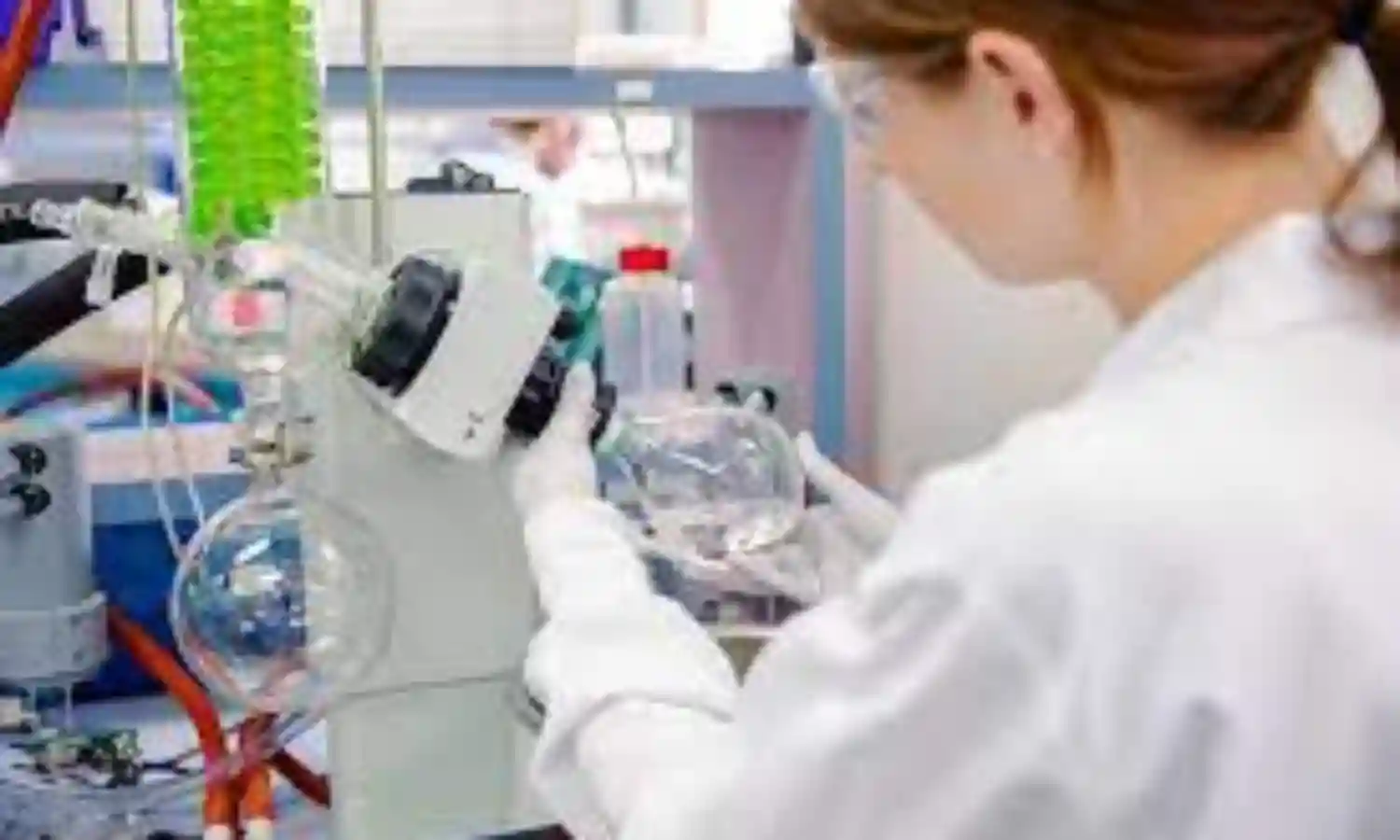Aussie Research Brings Hope
Researchers of Australia’s University of Queensland (UQ) have developed and validated a model which could predict if babies were at risk of childhood obesity by the age of eight to nine, the university said on Tuesday. With simple risk factors mostly gathered during routine doctor visits at 12 months of age, the researchers developed the […]
;

Researchers of Australia’s University of Queensland (UQ) have developed and validated a model which could predict if babies were at risk of childhood obesity by the age of eight to nine, the university said on Tuesday.
With simple risk factors mostly gathered during routine doctor visits at 12 months of age, the researchers developed the i-PATHWAY model.
Relevant research was published in the Journal of Paediatrics and Child Health.
The risk factors were the baby’s weight change in the first year, mother’s pre-pregnancy height and weight, father’s height and weight, baby’s sleep pattern in the first year, premature birth, if the mother smoked during pregnancy.
According to Oliver Canfell, if the baby is female, research fellows the dietitian with the UQ Centre for Health Services Research. Canfell said the model could calculate the risk of childhood obesity 74.6-percent accuracy.

